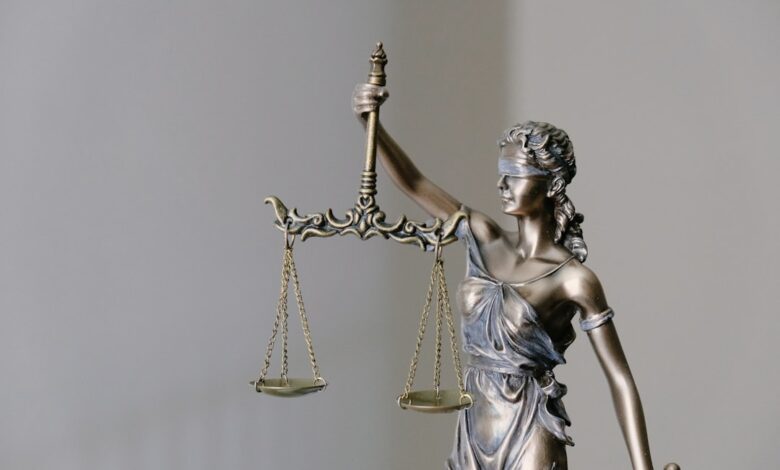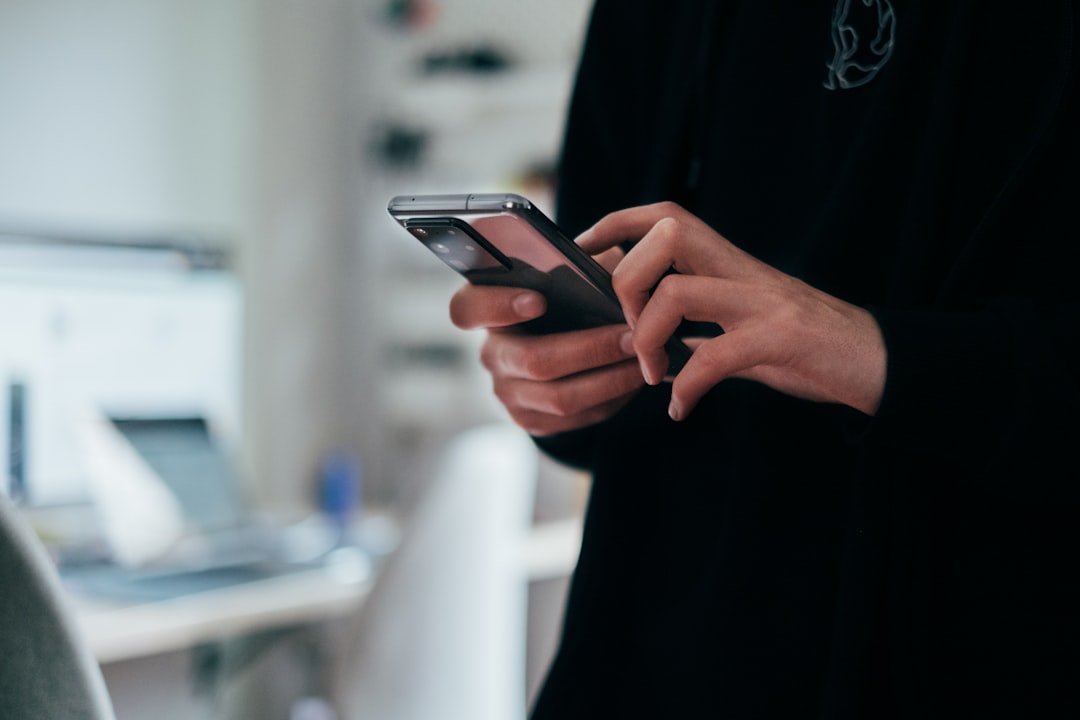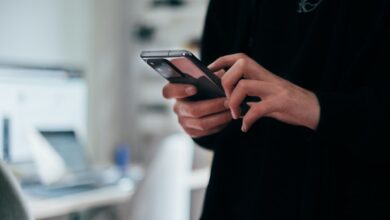Best Bariatric Food Tracker App Free

Embarking on a bariatric journey is a huge step towards a healthier you! It’s not just about the surgery itself, but also about making lifelong changes to your eating habits. One of the most important tools for success is tracking your food intake. It helps you stay accountable, understand your portion sizes, and make sure you’re getting the nutrients you need.
But with so many food tracker apps out there, finding one that’s specifically designed for bariatric patients, and that’s also free, can feel overwhelming. Don’t worry, I’m here to guide you! As someone who’s worked with many bariatric patients over the years, I understand the unique needs you have after surgery. Let’s explore some great free food tracker apps that can support your weight loss goals.

Why Use a Food Tracker After Bariatric Surgery?
After bariatric surgery, your stomach is much smaller, which means you can only eat small amounts of food at a time. It’s crucial to focus on nutrient-dense foods to meet your nutritional needs. A food tracker can help you:
- Monitor your protein intake: Protein is essential for healing and maintaining muscle mass.
- Track your fluid intake: Staying hydrated is super important, especially after surgery.
- Control portion sizes: It’s easy to overeat if you’re not paying attention, even with a smaller stomach.
- Identify trigger foods: Certain foods might cause discomfort or hinder your progress.
- Stay accountable: Seeing your food intake in black and white can motivate you to make healthier choices.
Think of a food tracker app as your personal pocket-sized dietitian! It’s there to support you every step of the way.
Features to Look for in a Bariatric-Friendly Food Tracker App
Not all food trackers are created equal. When choosing a free app, look for these key features:
- Large Food Database: The app should have a comprehensive database of foods, including restaurant meals, packaged foods, and common ingredients.
- Macronutrient Tracking: It should track protein, carbohydrates, and fats.
- Customizable Goals: You should be able to set personalized goals for calorie, protein, and fluid intake, based on your doctor’s recommendations.
- Water Tracking: An easy way to log your fluid intake is a must!
- Barcode Scanner: This makes logging packaged foods quick and easy.
- Progress Tracking: Look for charts and graphs to visualize your progress and stay motivated.
- Community Support (Optional): Some apps offer forums or groups where you can connect with other bariatric patients.
While “free” is great, remember that some free apps may have limitations or contain ads. It’s important to find an app that meets your needs and doesn’t feel too restrictive or overwhelming.
Recommended Free Bariatric Food Tracker Apps
Okay, let’s get to the good stuff! Here are a few free food tracker apps that are popular among bariatric patients:
MyFitnessPal: This is a very popular app with a huge food database and a barcode scanner. The free version allows you to track calories, macronutrients, and exercise. It’s a great option if you’re looking for a comprehensive tracking tool. However, you may need to upgrade to the premium version for more advanced features.
Lose It!: Another well-known app with a user-friendly interface. The free version allows you to track calories, macronutrients, and weight. It also offers personalized recommendations based on your goals. Like MyFitnessPal, the premium version unlocks additional features.
Cronometer: This app is known for its accuracy and detailed nutrient tracking. The free version allows you to track macronutrients, vitamins, and minerals. It’s a good choice if you want to pay close attention to your micronutrient intake, which is especially important after bariatric surgery. The interface might feel a bit more complex than MyFitnessPal or Lose It!, but the detailed information can be worth it.
Baritastic: While not entirely free, Baritastic is worth mentioning because it’s specifically designed for bariatric patients. It often partners with bariatric surgery centers to offer free access or discounted subscriptions. It includes features like medication reminders, supplement tracking, and a community forum, as well as food and water tracking.
Tips for Using a Food Tracker Effectively
Once you’ve chosen an app, here are some tips to help you get the most out of it:
- Be Honest: Log everything you eat and drink, even small snacks or bites. Accuracy is key!
- Plan Ahead: Try to plan your meals and snacks in advance so you can log them before you eat. This can help you stay on track and make healthier choices.
- Measure Your Portions: Use measuring cups and spoons to ensure you’re accurately logging your food intake. This is especially important in the early stages after surgery.
- Don’t Be Afraid to Experiment: Try different apps until you find one that fits your needs and preferences.
- Talk to Your Healthcare Team: Share your food logs with your doctor or registered dietitian. They can provide personalized feedback and help you adjust your goals as needed.
Remember, a food tracker is just a tool. It’s not a replacement for professional medical advice. Always consult with your healthcare team to determine the best diet and exercise plan for you.
Potential Downsides of Food Tracking
While food tracking can be incredibly helpful, it’s important to be aware of potential downsides:
- Obsessive Tracking: For some people, tracking every single calorie can become obsessive and lead to unhealthy eating behaviors. If you find yourself feeling overly anxious or stressed about tracking, take a break or talk to a therapist.
- Inaccurate Information: Food databases aren’t always accurate, and serving sizes can vary. Be mindful of this and try to verify information whenever possible.
- Time-Consuming: Logging your food intake can take time and effort. If you find it too burdensome, look for ways to streamline the process, such as planning your meals in advance or using a barcode scanner.
The goal is to use a food tracker as a tool to support your health, not to control your life. If you experience any negative side effects, talk to your healthcare team.
Alternatives to Food Tracking Apps
If you don’t like the idea of using a food tracking app, there are other ways to monitor your food intake:
- Food Journal: Keep a written food journal where you record everything you eat and drink.
- Meal Planning: Plan your meals in advance and stick to your plan.
- Portion Control Containers: Use portion control containers to measure out your food.
- Mindful Eating: Pay attention to your hunger and fullness cues and eat slowly and deliberately.
Ultimately, the best approach is the one that works best for you. Experiment with different methods until you find something that’s sustainable and enjoyable.
Frequently Asked Questions
Is a free food tracker app as good as a paid one?
Not always. Paid apps often offer more features, such as personalized coaching, advanced analytics, and ad-free experiences. However, many free apps provide enough functionality for most bariatric patients to successfully track their food intake.
How long should I track my food after bariatric surgery?
That depends on your individual needs and goals. Some people find it helpful to track their food intake for several months or even years after surgery. Others may only need to track for a few weeks or months to establish healthy eating habits. Talk to your healthcare team to determine the right timeframe for you.
What if I forget to log a meal?
Don’t worry! Just log it as soon as you remember. It’s better to log it late than not at all. The more consistent you are with tracking, the more helpful it will be.
Can I track my exercise with a food tracking app?
Yes, many food tracking apps allow you to track your exercise as well. This can help you get a better understanding of your calorie balance and make adjustments to your diet as needed. However, it’s important to remember that exercise is just one part of the equation. Focus on eating a healthy diet and staying hydrated, even if you’re not exercising regularly.
Choosing the right food tracker app is a personal decision. Take some time to explore the different options and find one that fits your lifestyle and preferences. And remember, tracking your food is just one tool in your bariatric toolbox. It’s important to focus on making sustainable lifestyle changes and working closely with your healthcare team to achieve your weight loss goals. Good luck on your journey!



